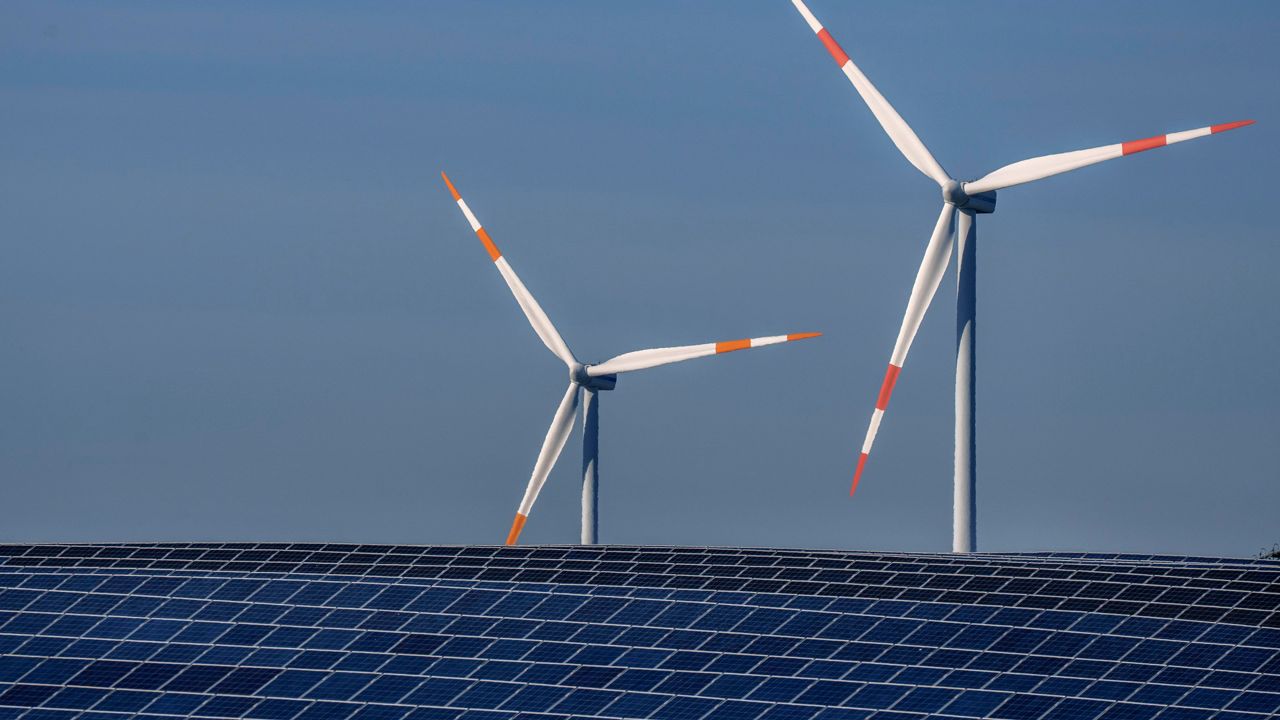World
China frees 3 US prisoners serving harsh sentences ahead of Trump’s return to Washington

WASHINGTON — The Chinese government has released three Americans with harsh sentences for alleged spying and drug-trafficking — just weeks before President-elect Donald Trump retakes power.
The release was announced by the outgoing Biden White House and it’s unclear whether it was part of a broader deal with Beijing or merely a diplomatic overture after Trump, 78, on Monday threatened a new 10% tariff against China over the country’s fentanyl exports.
Mark Swidan, Kai Li and John Leung each received significant support among prominent Americans who said their charges were bogus.
Swidan, a Texas businessman, was sentenced to death for dubious drug offenses after his 2012 arrest and counted among his US backers actor Mel Gibson.
Li, a solar cell businessman jailed since 2016, was serving a 10-year sentence on state security charges, and had US Senate Majority Leader Chuck Schumer (D-NY) among his advocates.
Schumer raised Li’s case directly with Chinese President Xi Jinping during a congressional trip to China last year.
Leung was arrested in April 2021 and was serving a life sentence for alleged espionage.
“Soon they will return and be reunited with their families for the first time in many years,” the White House said in a statement.
Schumer credited Biden, 82, with securing the mass release.
“President Biden’s personal engagement with President Xi made this joyous day possible,” the New York Democrat said. “Thanks to President Biden, all wrongfully detained Americans held in the People’s Republic of China will soon be home.”
Biden met in person with Xi this month on the sidelines of the APEC conference in Lima, Peru.
Trump, meanwhile, is vowing a tougher approach to China when he re-enters the White House on Jan. 20 — singling out the issue of fentanyl exports that have killed nearly 300,000 Americans during Biden’s four-year term, according to preliminary federal estimates.
“I have had many talks with China about the massive amounts of drugs, in particular Fentanyl, being sent into the United States – But to no avail,” Trump said in a Monday statement.
“Representatives of China told me that they would institute their maximum penalty, that of death, for any drug dealers caught doing this but, unfortunately, they never followed through, and drugs are pouring into our Country, mostly through Mexico, at levels never seen before. Until such time as they stop, we will be charging China an additional 10% Tariff, above any additional Tariffs, on all of their many products coming into the United States of America.”
Trump, who was particularly heated in international negotiations over jailed Americans during his first term, also has floated forcing China to pay $50 trillion in “reparations” for mismanaging the start of the COVID-19 pandemic, which the FBI believes began with a lab leak in Wuhan.
Trump last year called for a “global summit on reparations.”
Republicans regularly accuse Biden of being too soft on China and claim it’s because Chinese state-owned companies paid millions to first son Hunter Biden and first brother James Biden during and immediately after Joe Biden’s vice presidency.
Joe Biden met with leaders of both major Chinese business ventures involving his relatives — and in an infamous 2017 email, one of Hunter’s associates outlined a 10% cut for the “big guy,” who was later identified by other business relations of the first son as the former vice president, in a proposed joint venture.
Trump claimed last year that Biden “was bribed and now he’s being blackmailed” and House Speaker Mike Johnson (R-La.) told The Post that Biden was “soft” on China and “it probably has something to do with business relationships and may very well involve Hunter and James Biden and some of the deals they made over there.”
Biden ultimately kept in place Trump’s first-term tariffs on China and even added some new tariffs in May as he sought re-election, before dropping out of the campaign two months later.
Trump in 2018 imposed a 25% tariff on steel and 10% tariff on aluminum from most countries, including China. He also imposed tariffs between 7.5% and 25% on Chinese goods comprising $362 billion of annual imports, or more than half of the total.
In May, Biden rolled out tariffs on roughly $18 billion in Chinese imports including metals such as steel and aluminum and green-energy technologies such as solar panels and electric vehicles, and other goods including semiconductors, construction cranes and medical products.
Over the next two years under those Biden tariffs, electric vehicles will face a 100% tariff and solar panel parts will be slapped with a 50% import levy.










